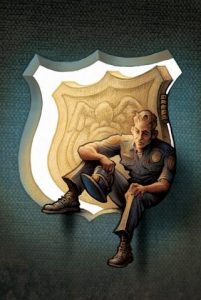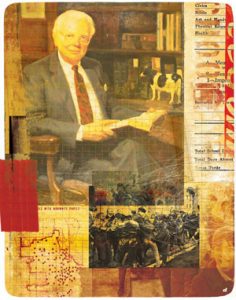Speakers Call for Criminal Justice Reform, Starting with Prosecutors
Paul Butler refers to himself as “a recovering prosecutor.” A native of the south side of Chicago, he graduated from Harvard Law School, clerked for a judge, and went into private practice. He became a federal prosecutor with the hope he would part of solving problems in the criminal justice system that lead to so many people being incarcerated, especially African American men. He concluded that, as a prosecutor, he was part of the problem and not the solution. He left the job and is now the Albert Brick Professor of Law at Georgetown University and an advocate for major reform of the criminal justice system.
In two programs at Marquette Law School on Sept. 25, 2019, Butler called for major changes in the system. In an “On the Issues with Mike Gousha” program, he and John Chisholm, the Milwaukee County district attorney, focused particularly on the role of prosecutors.

 This third and final post reflecting the “In Search of Better Outcomes” theme of the new Marquette Lawyer magazine begins with a third pair of articles, the one that actually provides the quoted phrase (see
This third and final post reflecting the “In Search of Better Outcomes” theme of the new Marquette Lawyer magazine begins with a third pair of articles, the one that actually provides the quoted phrase (see  A
A